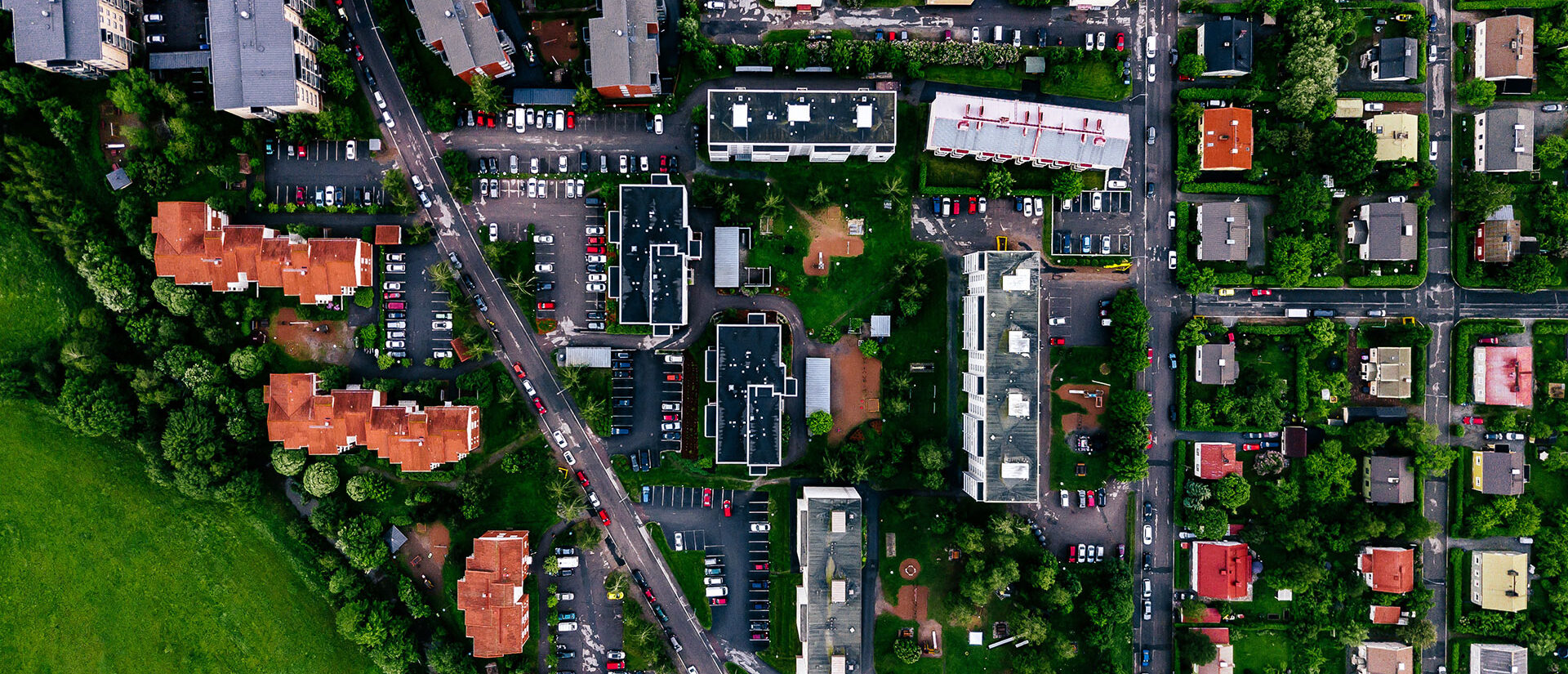- Blogit
- Ilmasto
- Metsä
Maurizio Sajeva is Doctor in Sustainability and Governance and the coordinator of BONUS MARES
According to some authors, humans are a very sensitive species, originally very vulnerable to the conditions of the natural environment. This is also why the development of human intellect has successfully produced intelligent engineering and generated easier lifestyles. The rise of scientific rationality has historically led to an increase of the level of general education and very specialised skills.
Since ever humans have searched for the truth of things, under various forms. However, on the matter of knowledge, the ancient story of Socrates seeking for a wise man looks very actual. Socrates tries to find someone wiser than himself among politicians, poets, and craftsmen. Politicians claimed to own wisdom without having knowledge. Poets touched people’s hearts by beautiful words without knowing what these really meant. Craftsmen claimed great knowledge in very specific yet very narrow fields. Socrates cannot find a wiser man than he is – as they think to know whereas they know nothing. As he tells, the wise man neither knows nor thinks that he knows.
Sadly, the strong focus on knowledge specialisation and rational intelligence (the craftsman abilities), has however led humans to lose their natural instinct and capability to live according to the natural world and its laws, which are perhaps seen as a threat or challenge, leading for instance to the paradigm of economic growth typical of the Anthropocene. Rationality has perhaps replaced the listening of the nature. Yet, nature remains the ultimate bottom line for a healthy and prosperous present and future society.
The desire for knowledge is one of the greatest desires and virtues of continued understanding, especially for the scientist, but also for all humans. However, the belief to know, whereas we do not, may lead us to forget that humans are part of higher natural complexity of which we probably can understand just very little. The politician may believe to own wisdom and to rely on the craftsman (science) to solve all present and future problems, however the knowledge about all interactions may remain just a hope. In the same way, it seems populations often need to believe that a politician or scientist has got all the wisdom, while this is very unlikely to happen. This can be a huge risk: those who believe to know may suddenly understand they did not only when it is too late.
Socrates’ wisdom means learning and recognising what we do not know, and that what we know might not be enough. The absence of complete knowledge and the existence of high uncertainty is not a reason for interpreting it according to each individual’s desires or interests. Yet, it is a reason to act more carefully.
Currently, both wisdom and virtue are missing.
How to combine wisdom and moral virtue
For Aristotle, political and practical wisdom, phronesis or prudence, describe the goal of politics as the common goal of happiness or wellbeing (eudaimonia) for society. Happiness meant living according to reason and virtue. Moral virtues, considered to include predominant courage, temperance, justice, self-discipline, moderation, gentleness, modesty, humility, generosity, friendliness, truthfulness, humour and honesty characterise the political man. However, these should also be complemented by the “intellectual virtue” of practical wisdom.
In this understanding, not every choice is politically acceptable, when practical wisdom (the right means) or moral virtue (the right mark) are missing. The reference to wisdom and the moral virtue of meeting primarily human basic needs limits and informs the ‘political purpose’. Therefore, wisdom means, based on knowledge, being able to interconnect, listen to nature and to what we humans really need for our lives, regardless of societal or individual choices that would pretend to be perfectly rational, yet often driving away from the ‘truth’ we search for. It might happen that we understand only in times of a crisis, when we are already in trouble, what really matters.
During corona times, we can notice how environmental conditions have suddenly improved when economic activities have slowed down. At the same time, we have noticed which of these economic activities really mattered for people’s lives. Probably small or medium activities, sources of basic income and guaranteeing basic needs and jobs, on which negotiation is not possible. Lockdown measures, especially when not adequately and scientifically justified, and preventing populations from achieving their basic needs, have led to security imbalances.
Food security, health, security, education and human rights come first. And in turn the conditions that allow these to be produced: clean air, sun, freedom, positive right, peace and absence of stress, and healthy food.
The combination of wisdom and moral virtue practically mean that, even when policy should be informed by scientific evidence (intellectual virtue of practical wisdom), science cannot replace policy (moral virtue). However, in the same way, non-accounted and individual interest-driven choices cannot revert or replace the evidence of the common good. The acknowledgment of evidence does not constitute any obligation to act differently in terms of individual choices for oneself.
BONUS MARES builds knowledge and wisdom for human-nature systems’ integration
The specialisation of science has produced higher levels of knowledge. However, the isolation of scientific schools in their disciplinary silos makes harder understanding the systemic interactions, limiting the wisdom about the whole systems’ sustainability. The visions of economic and natural sciences are discrepant, and the interface informing decision making is weak. This is source of uncertainty and compromises the goal of evidence-based decision making, possibly leading to the generation of variable and divergent political positions and failing to pursue the urgent Sustainable Development Goals (SDGs) of Agenda 2030.
In order to fill this gap and build the missing links, BONUS MARES project, Multi-method Assessment for Resilient Ecosystem Services and human-nature system integration, has initiated a participatory process integrating economic and ecological disciplines. To deal with often unknown complexity of systems that are interconnected, BONUS MARES promotes an idea of governance for sustainability, through holistic and systemic understanding of the interactions between nature and human beings.
BONUS MARES follows a bottom-up approach that builds wisdom and virtue upon the precautionary principle rather than on ‘perfect’ unrealistic and anthropocentric economic rationality. A heterodox vision of economics as household management provides for the intellectual virtue of wisdom that integrates ecosystems, the functions they produce and the needs they contribute to meet. BONUS MARES strives for trans-disciplinary social-learning by mean of the Eco-GAME assessment embedded in the MARES geospatial toolkit in pursuit of the Sustainable Development Goals (SDGs) of Agenda 2030. The toolkit is currently being used in the MAREA project (from MARine Ecosystem Accounting to integrated governance for sustainable planning of marine and coastal areas), which is already funded by the Interreg Central Baltic programme.
This novel approach translates complex ecological knowledge into a form that can be more usable for decision-making, In this way, they support user-friendly consultation and interactive participation, in order to build both trans-disciplinary knowledge and wisdom, and in turn inform virtuous individual and collective decision making processes. The sharing of this integrated knowledge and emerging evidence promotes the practical wisdom that can address choices under incomplete, dynamic and uncertain information, in contraposition with the conception of Homo economicus where rational economic agents possess complete knowledge for efficient action. The virtue of wisdom of the precautionary principle suggests that, in presence of unknown unknowns, acting on the border of systems’ limits to realise the maximum efficiency is unnecessary, let alone exceeding them.


